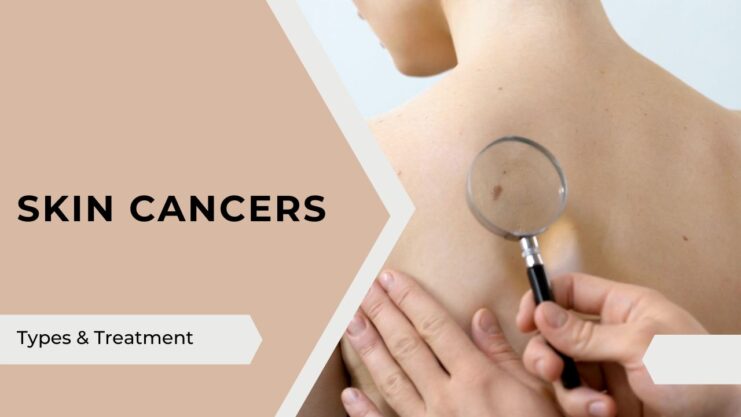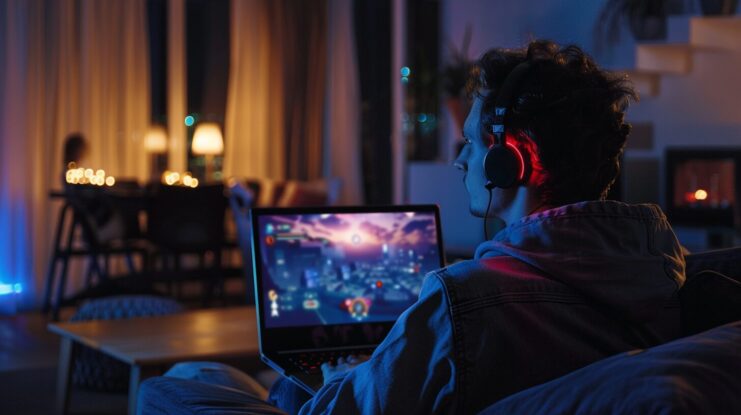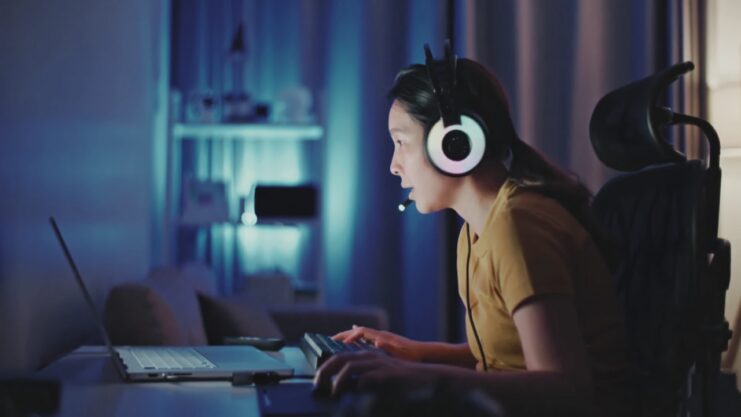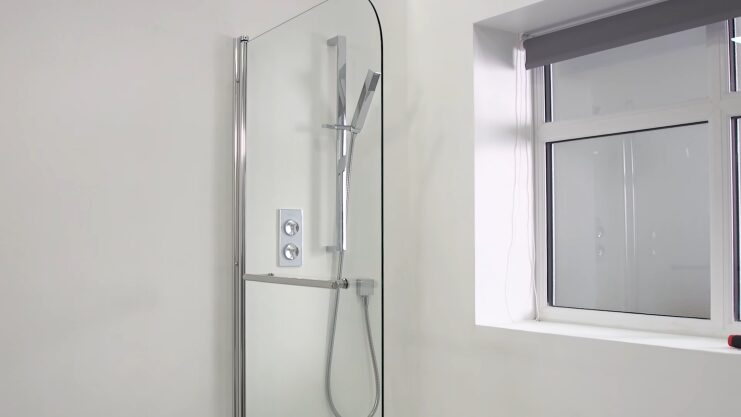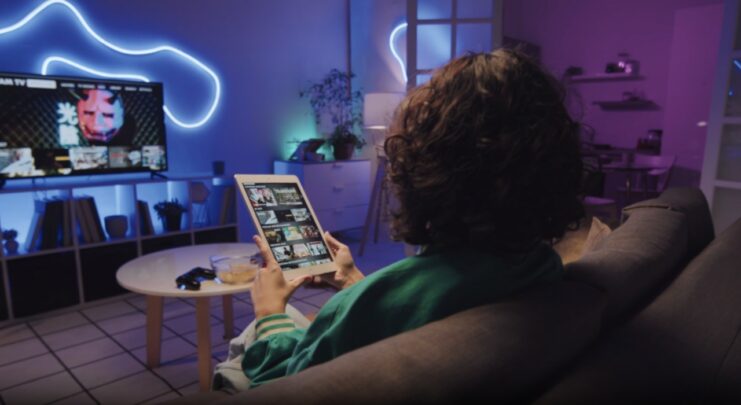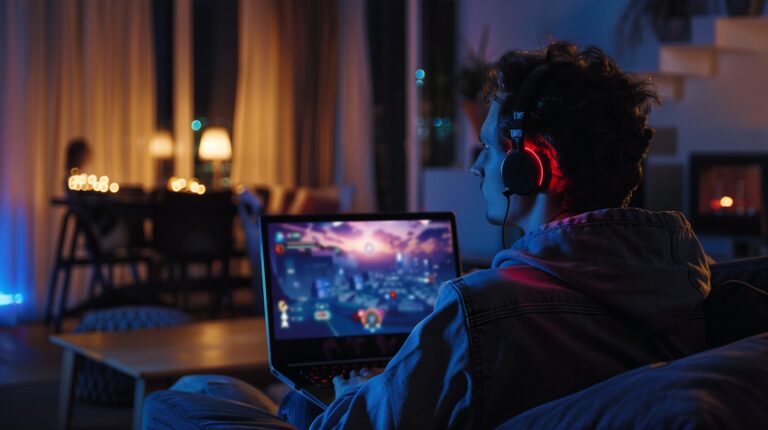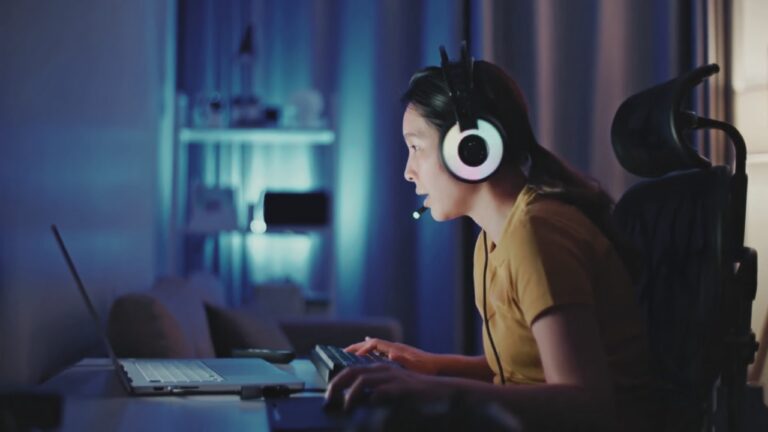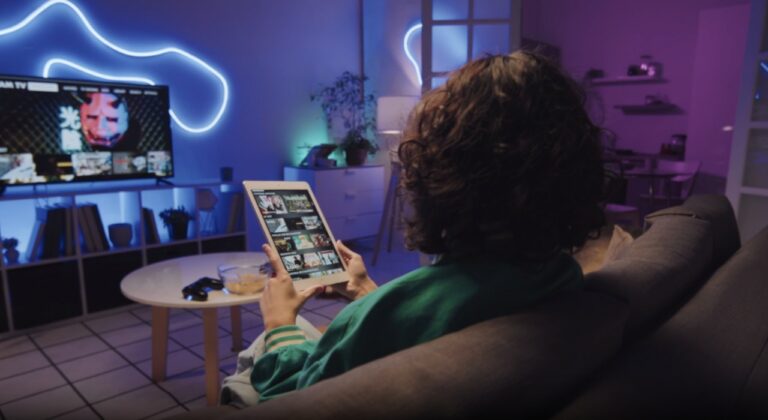Skin Cancers are divided into melanoma and non-melanoma skin cancer (NMSC). Melanoma is a malignant tumor of the melanocytes (pigment cells) and they behave more aggressively than NMSC. Fortunately, melanomas are less common than NMSC. NMSC consists of basal cell carcinoma (BCC) and squamous cell carcinoma (SCC).
Types of Skin Cancers
The most common skin cancer is BCC. It is slow-growing and usually occurs in sun-exposed areas. They can sometimes be pigmented and may be mistaken for a mole. BCC can destroy the surrounding tissue but it rarely spreads. Treatment depends on the type of BCC.
The second most common skin cancer is SCC and it is more common in fair-skinned individuals. SCC is typically seen in sun-exposure areas but can also be seen over the genital region. Typically it presents as an isolated thickened or eroded raised lesion with central crusting which persists for months.
Superficial spreading melanoma
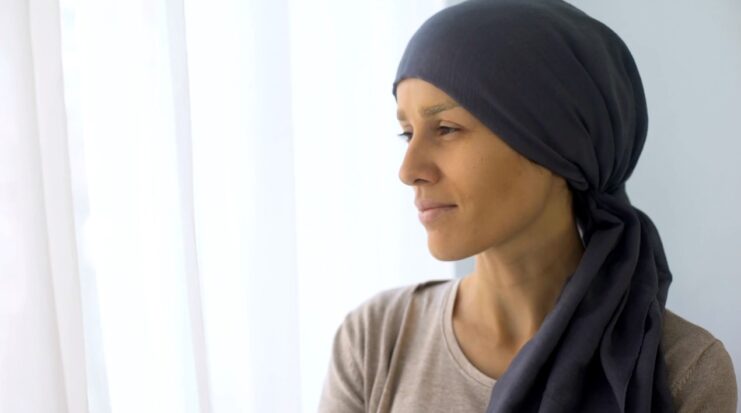
Melanoma is the most dangerous skin cancer because it spreads rapidly. The type of melanoma that is most common is called acral lentiginous melanoma. They are seen as pigmented lesions on the palms, soles, or under the nails of toes and fingers.
Hence the simple ABCDE rule, if you have an asymmetrical mole, with an irregular border, variable shades of brown or black, more than 6mm in diameter and increasing in size, bleeding, or itchy, you must consult a doctor.
Am I at risk for skin cancers?
The most important risk factor of melanoma and NMSC is prolonged and cumulative ultraviolet radiation from the sun. Hence it is important to start using sun protection devices and sunscreen from a young. Other factors which may increase your chance of skin cancer are family history and light skin color.
How to confirm the diagnosis?
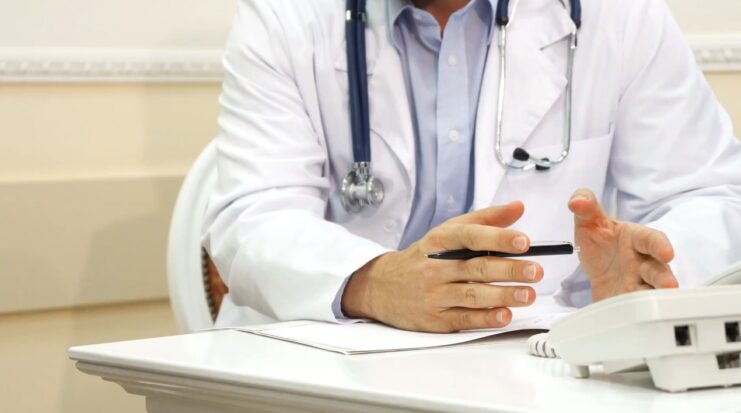
A skin biopsy is necessary to confirm skin cancer. It is painless and done under local anesthesia. The lesion removed will be sent for histology examination to confirm the diagnosis.
Treatment depends on the type of skin cancer. For superficial BCC and SCC, topical imiquimod cream (Aldara) can be used to treat these lesions. Wide local excision is necessary for melanoma. All patients diagnosed with melanoma will need a referral to a medical or surgical oncologist to ascertain the stage of the condition.
So if you have a suspicious skin lesion you are unsure about, best to get reviewed by a medical doctor before you decide to get it removed by nonmedical persons.
Treatment Options for Different Skin Cancers
When it comes to skin cancer, early detection and treatment are crucial. The type of treatment recommended often depends on the type and stage of the skin cancer, its size, location, and the patient’s overall health.
- Basal Cell Carcinoma (BCC): For superficial BCCs, topical treatments like imiquimod cream (Aldara) can be effective. In cases where the BCC is larger or has penetrated deeper into the skin, surgical excision, Mohs surgery, or even radiation therapy might be recommended.
- Squamous Cell Carcinoma (SCC): Early-stage SCCs can often be treated with surgical excision or topical treatments. However, for more advanced SCCs or those in sensitive areas, Mohs surgery, radiation therapy, or even chemotherapy might be necessary.
- Melanoma: Given its aggressive nature, melanoma requires a more intensive approach. Wide local excision is typically performed to remove the tumor and a margin of healthy tissue around it. Depending on the stage and spread of the melanoma, treatments can also include immunotherapy, targeted therapy, radiation therapy, or chemotherapy.
The Importance of Medical Consultation for Suspicious Lesions

It’s essential to understand that not all skin lesions are cancerous. However, if you notice any changes in moles or skin growths, or if you have a lesion that doesn’t heal, it’s crucial to consult a medical professional. Dermatologists and oncologists are trained to identify and treat skin cancers. They can guide whether a lesion needs to be biopsied or monitored.
Attempting to treat or remove suspicious lesions without medical guidance can lead to complications, incomplete removal, or even a missed diagnosis of a more severe condition. It’s always safer to seek expert advice and ensure that you’re making informed decisions about your health.
FAQ
1. Are skin cancers only caused by sun exposure?
No, while prolonged sun exposure is a significant risk factor for skin cancers, there are other factors too. Genetic predisposition, family history of skin cancer, immune system suppression, and exposure to certain chemicals or radiation can also increase the risk.
2. Can skin cancer occur in areas not exposed to the sun?
Yes, while sun-exposed areas are more susceptible, skin cancer can develop in areas that receive minimal sun exposure, such as the palms, soles, and genital region.
3. How often should I perform self-examinations for skin cancer?
Regular self-examinations are important. Check your skin monthly for any changes in moles, growths, or lesions. Familiarize yourself with the ABCDE rule to spot suspicious features.
4. Can children get skin cancer?
Yes, although rare, children can develop skin cancer. Protecting children from excessive sun exposure and teaching them sun safety measures is crucial.
5. Can I rely solely on sunscreen to prevent skin cancer?
While sunscreen is essential, it’s just one part of sun protection. Wearing protective clothing, seeking shade, and avoiding sun exposure during peak hours are also important measures.
6. What’s the difference between melanoma and other moles?
Melanomas often exhibit the ABCDE features: asymmetry, irregular border, varied color, diameter larger than 6mm, and evolving or changing characteristics.
Conclusion
Skin cancer, while daunting, is treatable, especially when detected early. Understanding the different types of skin cancers, their treatments, and the importance of medical consultation can empower individuals to take proactive steps in their skin health.
Regular self-examinations and professional check-ups are the first line of defense against this prevalent condition.

